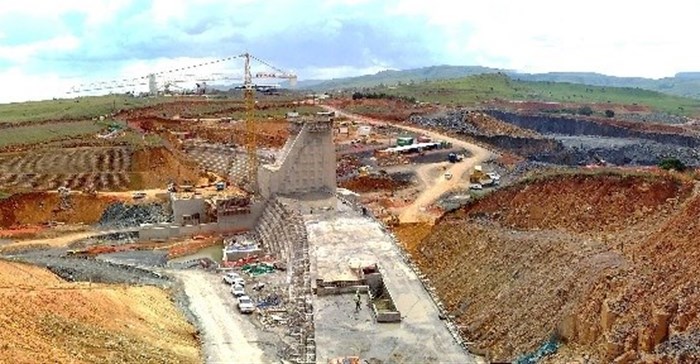Making sense of energy in a chaotic environment
“Mind you,” says Chris Yelland, managing director of EE Publishers, “urbanisation is not such a bad thing. A hilltop in KZN is one of the most expensive places to live nowadays, when taking into consideration the cost of transport for any of the basic necessities.”

When it comes to electricity, we can’t predict what the demand will be, but one thing is certain we have to diversify away from coal. “We are also overdependent on Eskom as dominant supplier in terms of distribution and generation. The fact that we don’t have independent grid, means that Eskom is holding the country to ransom.”
Yelland explains that In the ‘80s and ’90, Eskom became corporatised – then it became an implementing agency of government policy. However there is another change afoot where Eskom’s business interests come first, before the government’s mandate.
This became evident when CEO, Brian Molefe, announced that Eskom would not be entering into purchasing agreements with renewable independent power producers (IPP), which is in direct contravention with the guarantees supplied in the department of energy’s IPP programme.
And all this against a chaotic framework when it comes to electricity, Yelland says. These include:
- An ageing fleet of coal-fired power stations, which even if we extend their lives, they are not very environmentally friendly.
- Eskom tariffs have increased four-fold over the past decade and are now double historical average.
- There is no published integrated energy plan or gas utilisation master plan.
- The integrated resources plan is outdated.
- There were massive cost and time overruns on the new coal-fired projects (Medupi, Kusile and Ingula).
There is no doubt we are living in a very uncertain world, so how do we proceed? “We cannot forecast electricity demand for even five years ahead, let alone 20, 30, 50 or 100 years,” explains Yelland. So disruptive technologies, such as solar PV, energy storage, electric vehicle, smart grid, ICT and apps come into play.
The critical success factors are to move from a central planning to market driven model, which is not privatisation, but more public participation. Supply and distribution has to become more competitive. The sector has to become more flexible and convert from slow dinosaurs to nimble adapters, he concludes.
About Nicci Botha
View my profile and articles...